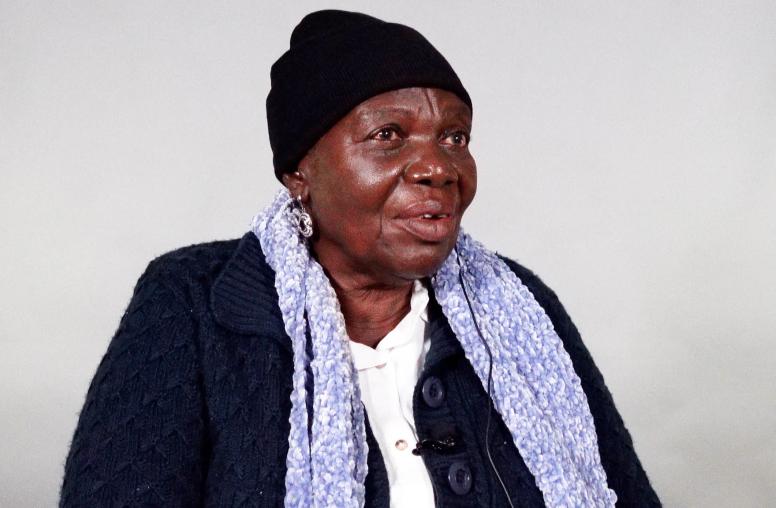Hidden Wounds: Trauma and Civilians in the Syrian Conflict
Seven years of conflict in Syria have exacted an enormous human toll and led to widespread physical destruction. The psychological impact of the war, although less visible, has been just as devastating. The levels of trauma and distress impacting Syrian civilians, especially children have been staggering with nearly 500,000 killed, half the population displaced and more than 13 million Syrians in need of humanitarian assistance. The traumatic impact of the Syrian conflict is less often acknowledged, but could significantly impair the ability of Syrian civilians to recover and build a more peaceful future.
Syrian doctors and humanitarian relief experts have increasingly engaged on this issue and are developing new and innovative approaches to help address and heal these invisible wounds. USIP and specialists from the Syrian American Medical Society, the U.S. State Department and Save the Children hosted a panel discussion, addressing an aspect of the Syrian conflict that often receives less attention than it deserves.
Review the conversation on Twitter with #SyriaTrauma.
Speakers
Nancy Lindborg, opening remarks
President, U.S. Institute of Peace,
Mona Yacoubian, moderator
Senior Advisor, Syria, the Middle East and North Africa, USIP
Catherine Bou-Maroun
Foreign Affairs Officer, Bureau of Near Eastern Affairs, U.S. Department of State
Dr. Mohamed Khaled Hamza
Mental Health Committee, Chair; & Foundation Board Member, Syrian American Medical Society (SAMS), Professor of Clinical Mental Health, Lamar University-Texas State System
Amy Richmond
Director, Child Protection in Emergencies, Save the Children



